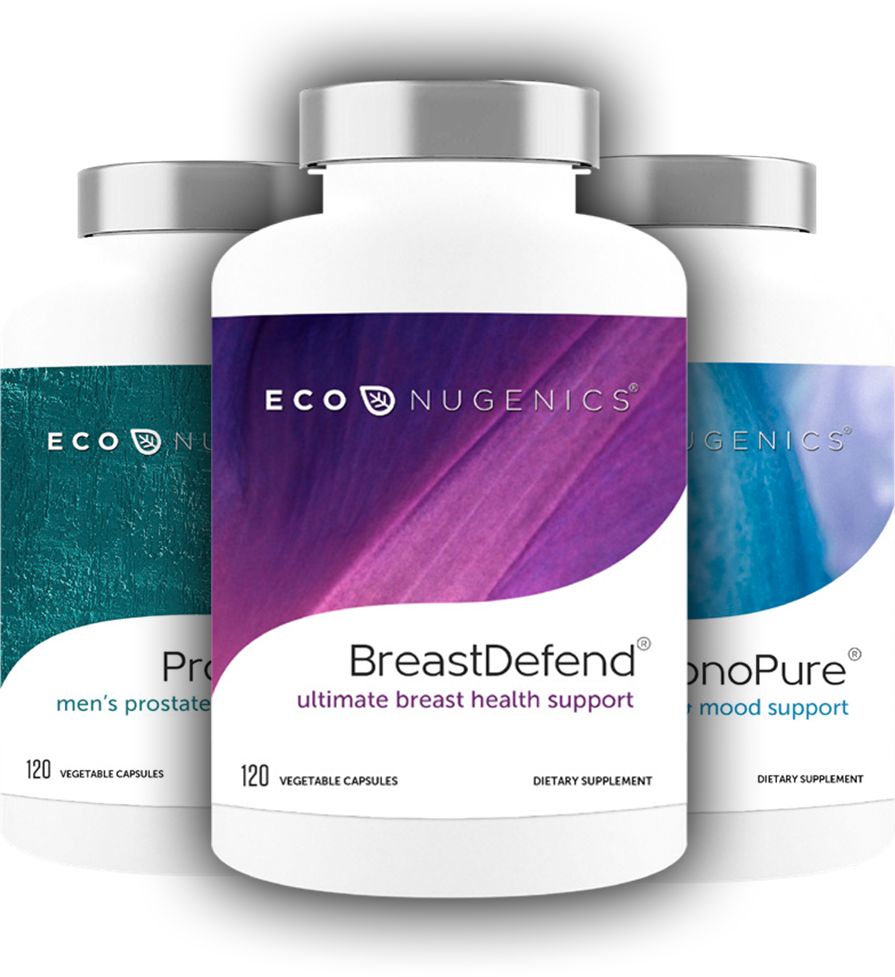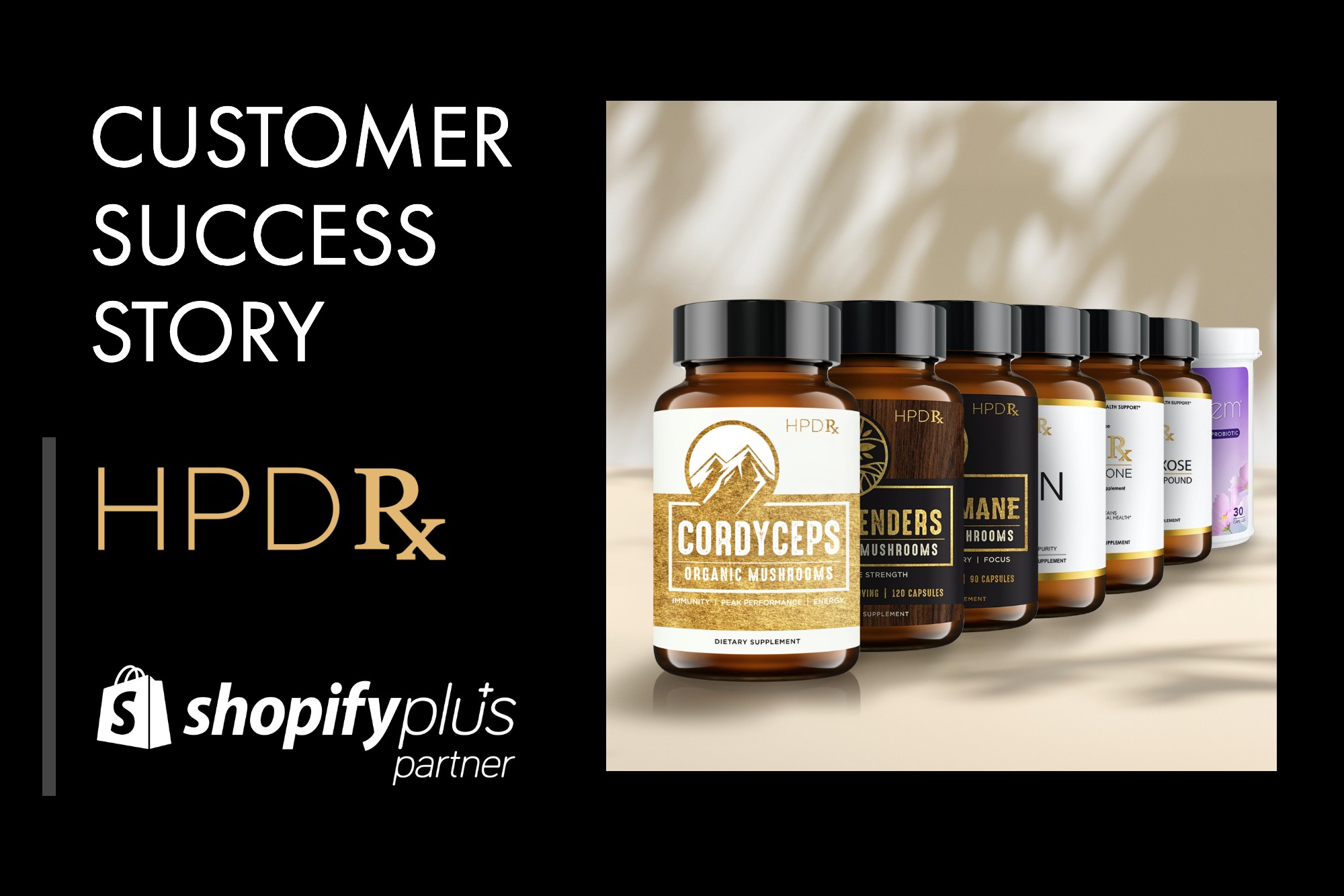What Quaintise Does
Quaintise specializes in vitamin and supplement marketing. We have…
- Years of experience in the industry
- The ability to create a memorable brand
- The tools to get the job done
- The skills required to build your company to its full potential
We also ensure all of the aspects of your campaign fit together seamlessly. From initial brand exposure to packaging, we provide a consistent and meaningful experience for your customers.
Quaintise is a full-service marketing agency, and we offer a large array of services. Some of these services include:
Brand Audit and Creation
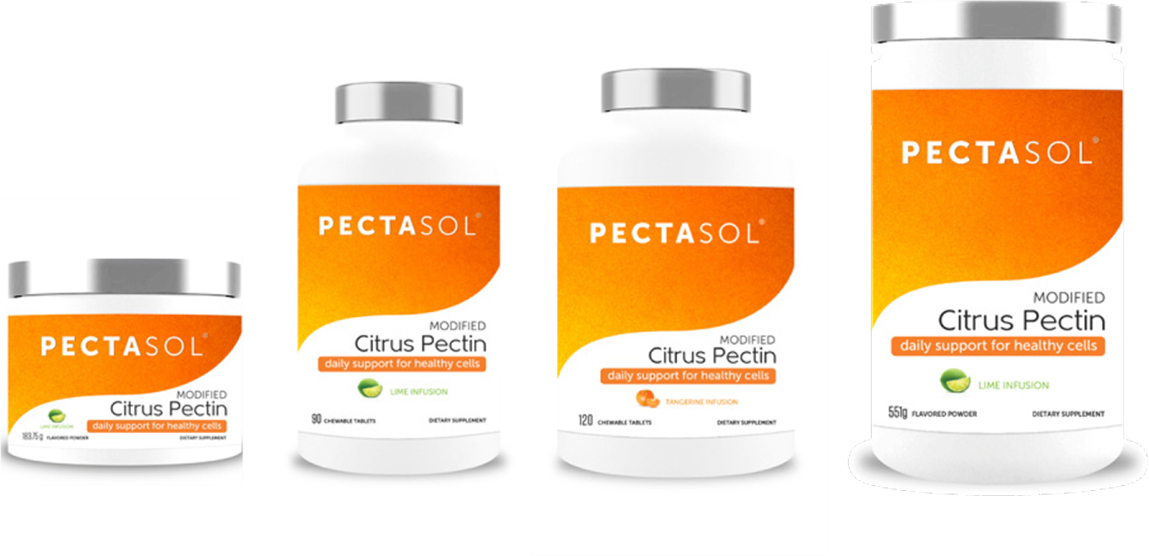
When was the last time you took a look at your brand and considered how effective it is? Many business owners create an initial brand and stick with it out of habit. If it’s not a strong brand, though, it may be preventing growth.
Quaintise offers an outside perspective on your brand. We’ll take a look at your current brand and see where there are opportunities for improvement. From there, we’ll help to update your brand and create consistency across all platforms.
If you haven’t already developed a brand identity or you are looking to update your current brand identity, Quaintise is here to help. We not only provide brand audits for clients, but we also take a deep look at what sets our clients apart. From there, we create a brand that encapsulates who the company is, what they stand for, who they are trying to reach, and what they are trying to say.
Once we have a better understanding of your brand, we are able to create marketing materials that are in line with your brand identity. This includes color palettes, logos, packaging, and more.Quaintise provided brand development services for HPD RX—an outstanding supplement brand. We conducted a brand audit to evaluate the competitive landscape, consumer insights, and identify opportunities. From there, we were able to develop a unique brand and translate it across all aspects of their marketing campaign.
Some of the branding services what you can expect from Quaintise includes:
- Audience avatar creation
- Development of internal brand
- Brand strategy
- Storytelling and messaging frameworks
- Typography, color palette, and image selection
- Style guide creation
- Logo design
- Brand strategy
- And more
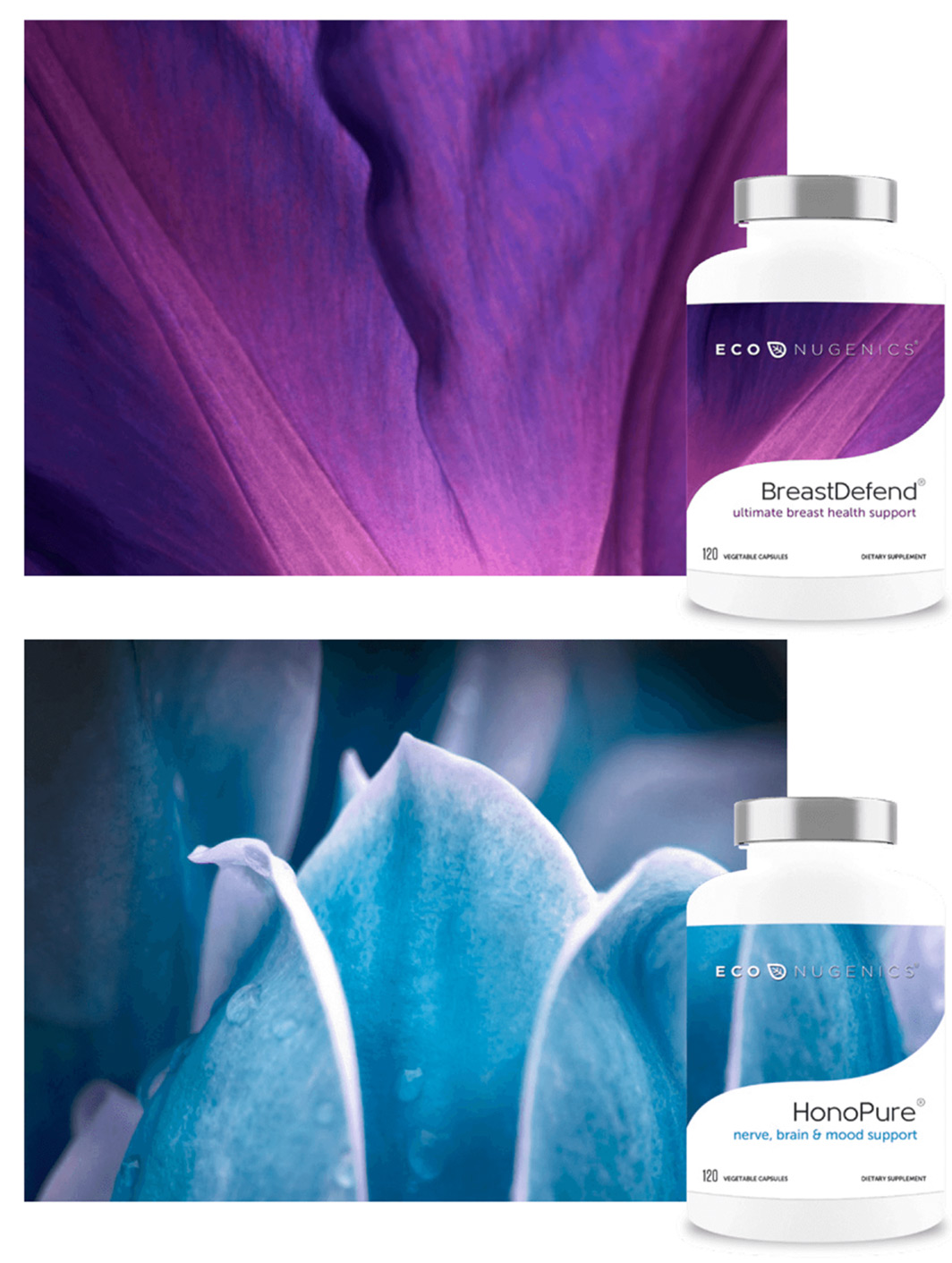
Packaging
Packaging is a very important (and sometimes overlooked) aspect of branding and marketing. Your packaging should be an extension of your overall brand. This is especially important in a market where there is a lot of competition (like vitamin marketing). Quaintise develops packaging that stands out on the shelves.
EcoNugenics is a supplement company that needed to differentiate itself from its competition. Quaintise was able to disrupt the market space with innovative messaging and eye-catching designs. This allowed us to unlock the brand’s full potential.
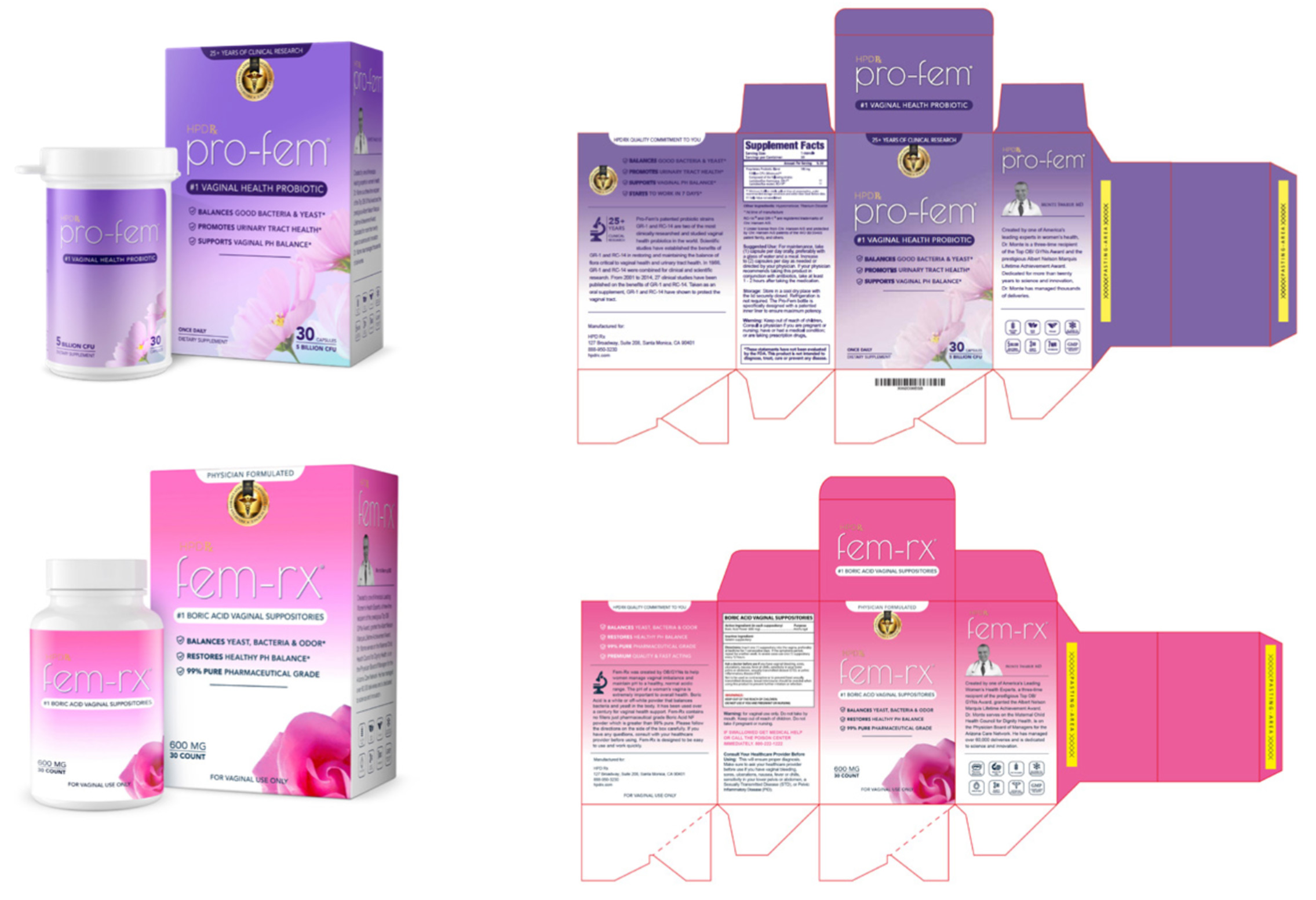

Competitor Research
Competitor research is an incredibly important aspect of marketing that many companies either neglect or don’t even consider. In order to grow your market share, you need to know what your competitors are up to.
Quaintise provides top-quality competitor analysis services. We will provide a thorough investigation into what your clients are up to. From there, we’ll put together a strategy that will allow you to surpass your competition.

Advertising
Once you have the best product and brand, you’ll want your customers to see it. That’s where advertising comes in. Quaintise runs full ad campaigns for clients. These campaigns are designed to not only provide brands with the exposure they need but also increase sales.
Quaintise developed and executed an SEM (Search Engine Marketing) campaign for Maricopa OBGYN. This included keyword research, landing page optimization, and creative ad sets that targeted local women in need of gynecological and obstetric services. Maricopa OBGYN received a boost in leads from prospective patients which led to more business and an increase in appointments.
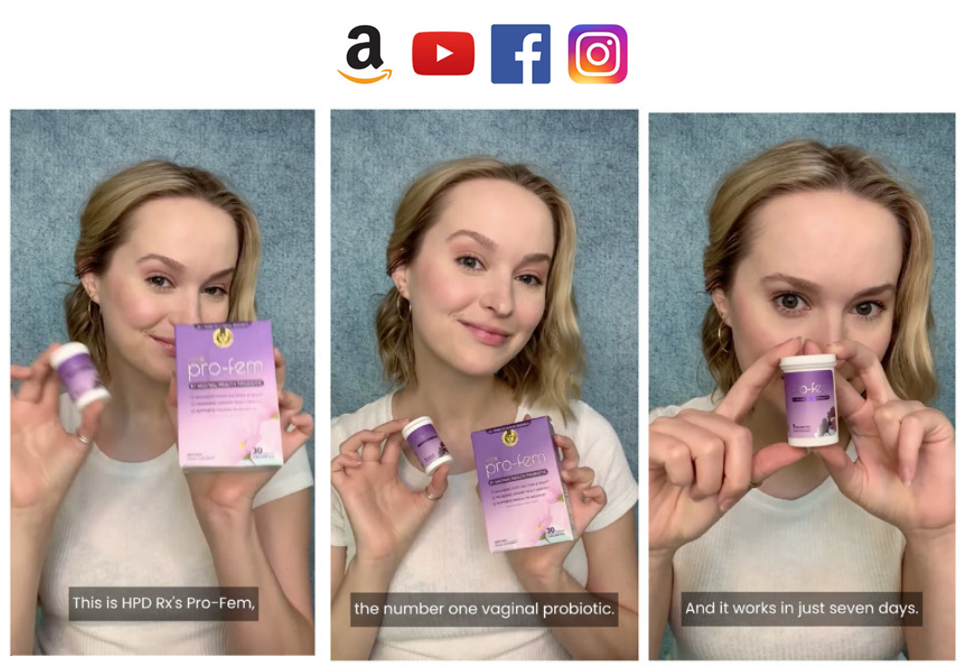
Social Media
Businesses that aren’t on social media are missing out on a lot of sales. There are many potential customers that are out there and are ready to purchase your product—but they are never exposed to it.
Quaintise provides social media services to capture the attention of potential customers and drive traffic. We are able to build a social media presence from scratch, or take over your social media, optimize it, and build successful campaigns.
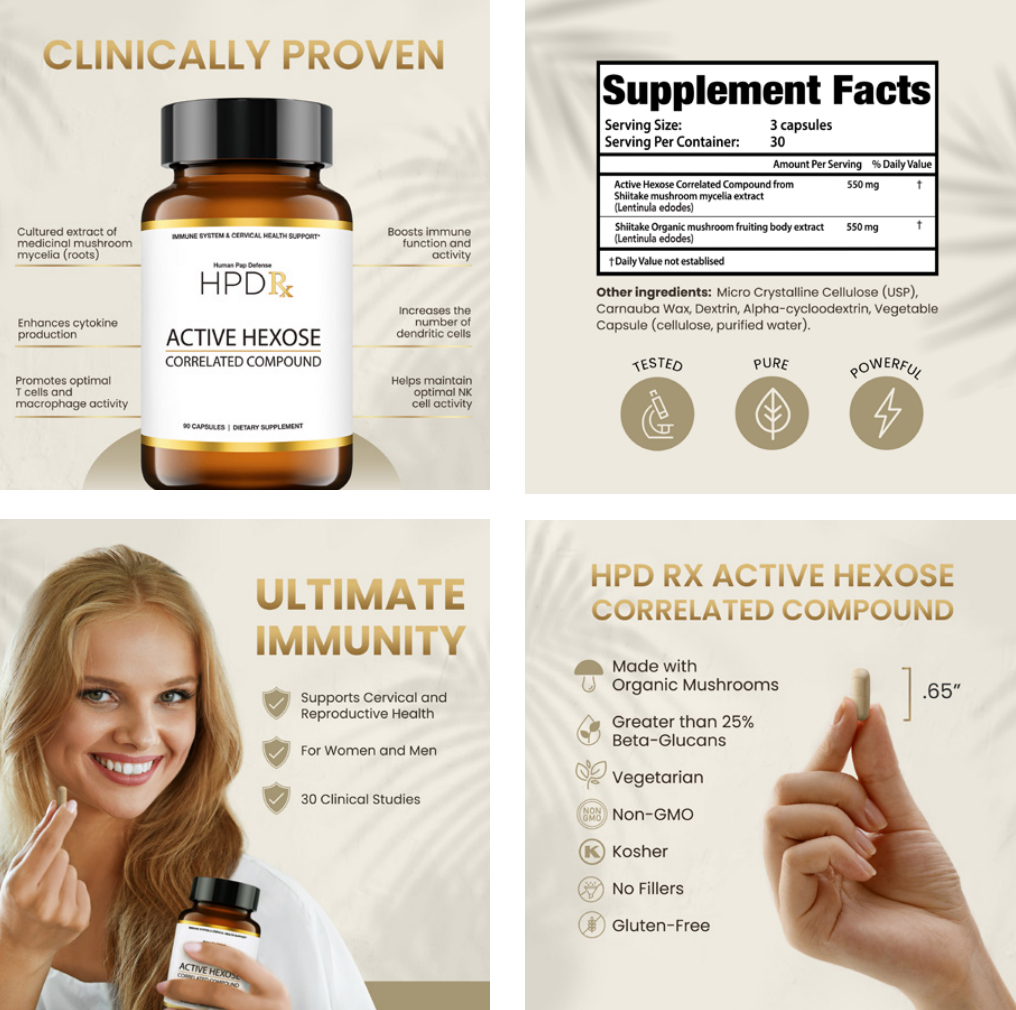
Amazon Infographics
Well-designed and unique product listing images help to drive leads and conversions. Quaintise creates high-quality infographics that explain product details and benefits.

eCommerce Site Development
Did you know Amazon accounts for 77% of all United States vitamin and supplement sales that are made online? This makes Amazon a major distribution point and an excellent place to showcase supplements.
The HPD Rx storefront on Amazon allows millions of potential customers to purchase their outstanding products. We provided 3D images, infographics, videos, and product descriptions for HPD Rx, which created a full brand experience. We then tracked every page insight (including sales, visitors, units sold, and orders).
Quaintise introduces new products using our proprietary Amazon advertising, SEO ranking, and customer review acquisition system.
What Sets Quaintise Apart?
With all of the marketing agencies out there, you may be wondering what sets Quaintise apart.
Quaintise offers:
- A customer-first approach
- Our expertise in the health and wellness industry
- Years of experience
- A proven track record
- Outstanding brand development services
- Our extensive knowledge of marketing
All of the services provided by Quaintise are designed to fit together seamlessly. We also make sure to take the time to properly understand and develop your brand before we create any marketing materials. From there, we design campaigns that increase brand exposure, sales, and repeat business.
Reach Out Today!
To learn more about the vitamin marketing services we provide, reach out today! We’d be happy to speak with you, learn more about your business, and discuss how we can help to take your health and wellness product to the next level.


